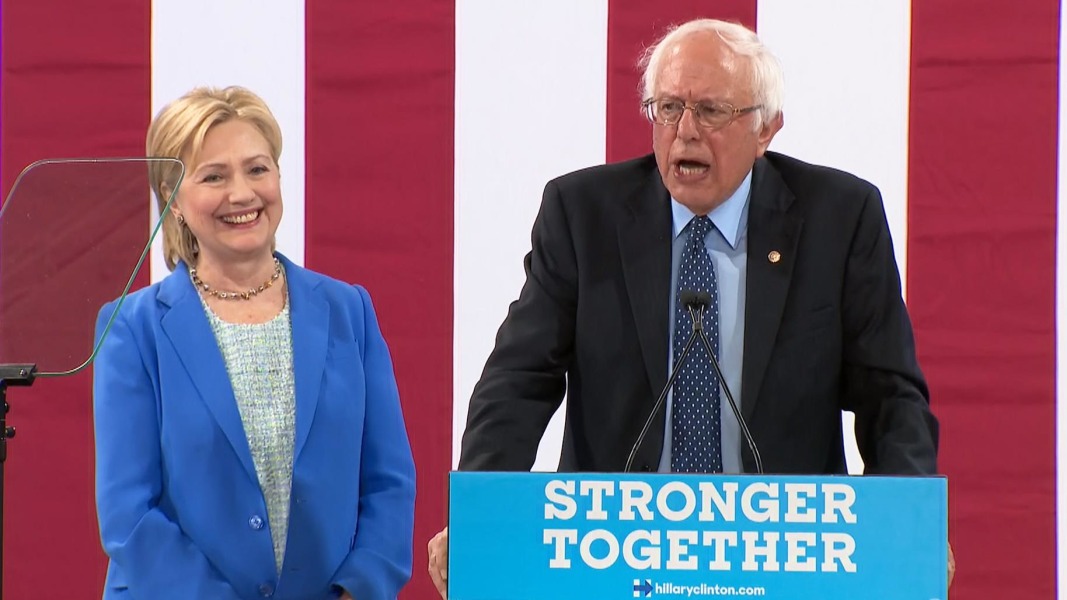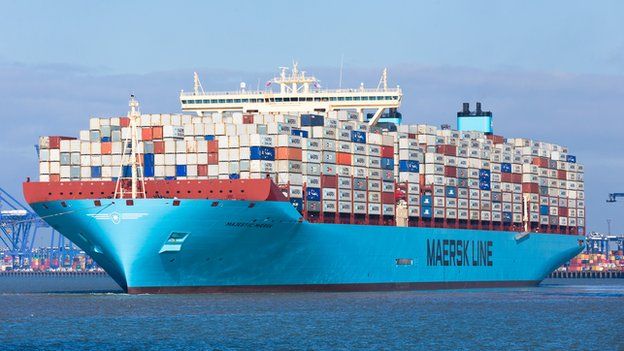 |
| The voices in his head are very, very serious |
It's funny to see people now taking aim at Donald Trump's lack of seriousness. He's not a serious candidate. He isn't running a serious campaign. He doesn't have a serious policy agenda. And this is where I have to draw the line. We've totally lost contact with the meaning of a common three-syllable English language word. Let me correct the record here - Donald Trump is serious. He's as serious, as the old saying goes, as a heart attack.
Of course he's not a typical politician. He's a populist demagogue out of the Huey Long school. He's uninformed, incurious and unclear on even the most basic functions of 21st century governance. He doesn't KNOW anything - except what HE knows he knows - and when it comes to those voices and images bouncing around in his head, do not doubt for a moment that he is serious. If he says something and the rabble responds favorably, it becomes a part of the Trump policy agenda. Impossible, unconstitutional, illegal, it doesn't matter. He'll make the promises. And he'll believe them.
He's 'serious' in the sense that he is unable to differentiate between routine campaign promises and actual viable policy proposals. To him, strong-arming the Mexican government into paying for the wall is a very serious proposal. Sure, we might look at the real-world barriers to such a fantasy and smirk that he is utterly unserious, but that overlooks the madness that is Trumpism. He not only believes - nay, KNOWS - he can do these things, but his desperate, uninformed and fearful supporters believe it too. They know he is serious - and nothing that happens in the course of the campaign can convince them otherwise. We know enough about Trump that we can clearly see he'll be angry and frustrated with the legislative and judicial processes, particularly when he demands congress appropriate funds for his bizarre and dangerous initiatives.
But we also must not forget that, where he CAN act unilaterally he will - because of his own certainty around his actions. Will he really walk away from NATO? Abrogate the Iran Nuclear Weapons agreement? Demand tribute for continued US military presence in Japan and Korea? Impose trade sanctions on China? One can have no doubt - when he promises these things, and people respond positively, they become the hard core of his 'serious' policy agenda. Trump - and Trumpism - is dangerous in a way we really haven't internalized yet. Not just for his authoritarian bent, his lack of democratic values or his inability to understand even the most basic second-order consequences of government action. Trump is dangerous because he actually believes what he says - what the world will perceive as a dangerous, impulsive recklessness is really just his inherent certainty of his own infallibility.
...


